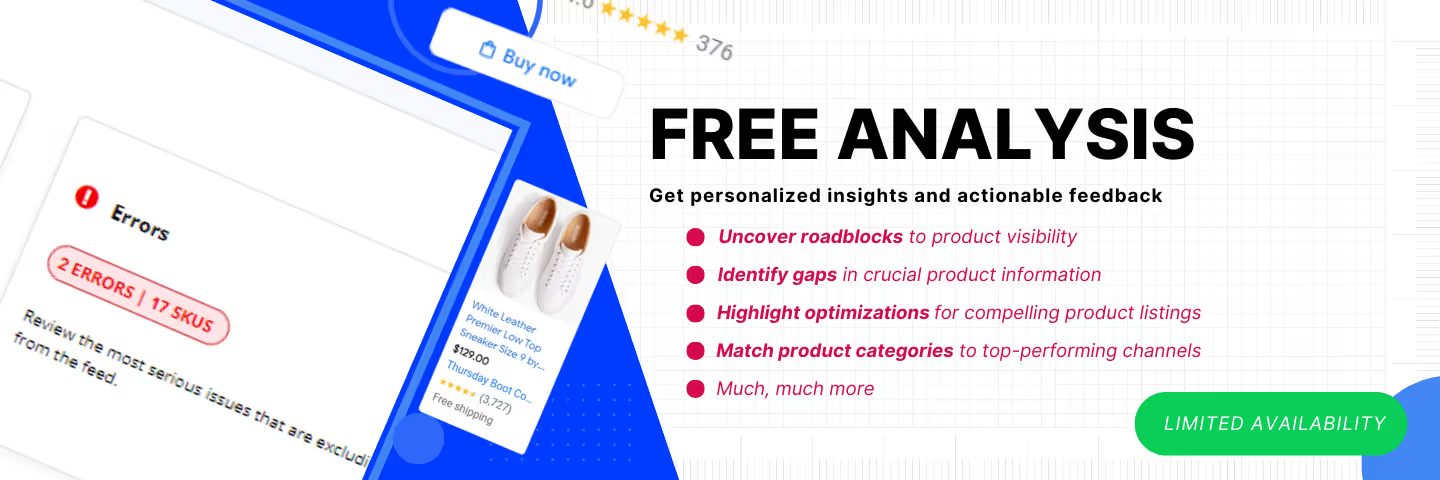As consumers begin the process of gift buying for the upcoming holiday season, it becomes even more important for merchants to ensure that they're delivering a great customer experience. For those selling home decor products through the Houzz marketplace, this can be achieved by obtaining a high Seller Score. To help you do so, we've outlined what goes into the Houzz Seller Score along with some tips on revamping your score before the holiday season is in full swing.
What is a seller score?
First things first, what exactly is a Seller Score? According to Houzz, the seller score is a quantitative measure of the experience that a seller gives to a buyer. This is a way for Houzz to reward those merchants who are providing a great user experience.
Positive Impacts on Your Score
Shipping on Time
Receiving a package past the expected date of delivery is never fun, especially for those last minute shoppers. That’s why it is important that the lead times you provide are accurate. Lead time is the amount of time that it takes to get your product ready to ship and does not include the transit time. Important note: Lead times are calculated using calendar days and NOT business days. While shorter lead times may help to influence a buyer's purchase decision, failing to ship your product on time will result in a penalty. The takeaway here is to provide a lead time you can actually achieve.
Timely Response to Customer Messages
Customers expect a quick turnaround when it comes to their inquiries. Houzz expects sellers to respond to customer questions within 24 hours to avoid penalties, even during holidays or weekends. Responsiveness is one of the keys to keeping your customers happy.
Great Seller Reviews
Houzz has two types of reviews: seller review and product reviews. While product reviews are of the actual products purchased, seller reviews are regarding the experience that the customer had while interacting with the seller. Practicing the tips previously mentioned may help you snag an excellent seller review. If you receive 4 or 5 star reviews, Houzz will apply a bonus to your seller score. If that isn’t incentive enough, your seller review is displayed on your business store front and on every product that you sell.
Frequent Inventory Updates
What’s worse than receiving your package later than expected? Not receiving your package at all, of course! Nobody likes ordering something and then receiving an email that the product is no longer in stock. To avoid situations like this, update your Houzz inventory frequently. This is where a service like GoDataFeed comes in to play. Our software allows you to sink your inventory from your shopping cart platform to your Houzz feed.
Negative Impacts on Your Score
Seller-Faulted Cancellations
Houzz will apply penalties towards the seller score if the order was cancelled because the product was out of stock or if it was cancelled because the product failed to ship. As previously discussed, a way to avoid these penalties is to keep your inventory up to date and update lead times. Another reason for seller-faulted cancellations is if the customer found the product for a lower price. Houzz expects you to price competitively, so be aware of what competitors are selling their products for.
Seller-Faulted Returns
Buyers may return products if they were not as expected. This miscommunication of the product attributes may be due to an inaccurate description. It’s important to carefully review your descriptions for accuracy to avoid potential penalties. Another possible return reason that can cost you heavy penalties is if the product was of poor quality. This may happen if the product was damaged during transit. Good packaging is key to avoid unnecessary damages. Houzz also lists product available at a lower price as another reason for seller-faulted returns.
Seller-Faulted Chargebacks
A merchant may initiate a chargeback if they weren’t given a timely resolution from the seller. This is why Houzz emphasizes the importance of replying to customers within a 24-hour time period. They also suggest communicating any order issue with them so that their fraud team can fight any chargeback issues on behalf of the seller.
How is your score calculated?
Only orders within the last 180 days receive scores and more recent orders have a larger impact in score as they calculate based on a time-weight average. An order can receive bonuses or penalties. If you fall within the top 15% of all sellers in overall performance, you will receive a "top seller" badge which displays next to your name on your product listing.
Now that you know what goes into your score, it’s time to put that knowledge to good use and work on improving your customer experience. If you are struggling with issues such as inconsistent inventory updates, you may want to consider a data feed automation software to streamline the process for you. Got questions? As always, we are here to help!
If you are interested in learning even more about the Houzz seller score, check out their webinar.





%20).png)

%20).png)